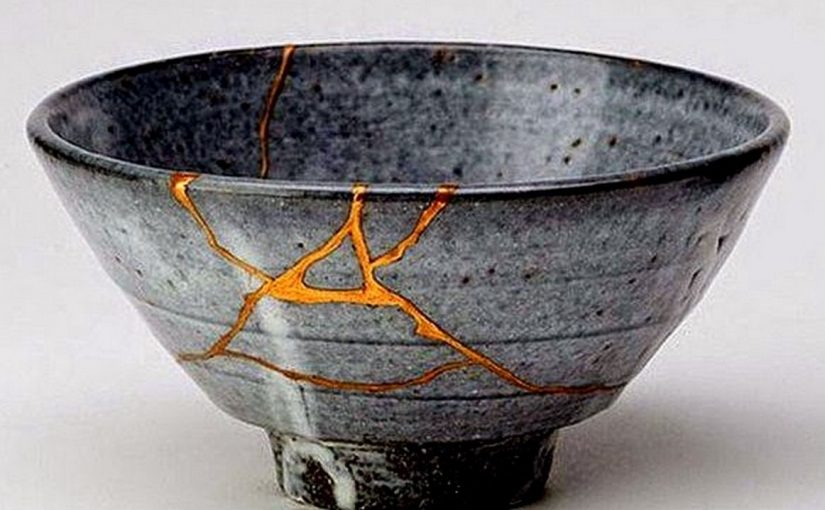A homily for the Twenty-Fourth Sunday in Ordinary Time, Sept. 13, 2020
Sir 27:30 – 28:7, Rom 14:7-9. Mt 18:21-35
My late father used to say, “I’ll forgive, but I won’t forget.”
He wasn’t the only person I ever heard say that. In fact, he ran with quite a big crowd on that sentiment.
“I’ll forgive, but I won’t forget.”
I never understood that. I still don’t.
Forgiving without forgetting is like that other oxymoron — “trust but verify.” In either scenario, you go into a transaction or relationship or continue a relationship with one hand outstretched in comradeship and the other behind your back brandishing a weapon.
I forgive you, but I expect you to hurt me again, probably the same way.
I trust you, except I don’t. Show me what’s in your other hand.
What an awful place for your head to be in. What a sinister challenge to a good night’s sleep!
I can’t see how there could be any sort of transaction or relationship under these conditions. Sirach and Jesus certainly didn’t, certainly don’t, via the message of today’s Scripture selections.
Forgive your neighbor’s injustice; then when you pray, your own sins will be forgiven.
Peter approached Jesus and asked him, “Lord, if my brother sins against me, how often must I forgive? As many as seven times?”
Jesus answered, “I say to you, not seven times but seventy-seven times.”
Now, it would be great if that brother would stop sinning — offending, hurting, fouling up — but God demands that we try to keep our reservoir of mercy and forgiveness as full as his, because as imperfect humans we will slip up again. And again. And, yes, again again.
God also demands that we don’t look for injuries, that we don’t sit there expecting to be put upon. When we anticipate a broken promise or a breach of trust, we’re going to find it. In all likelihood, we’ll blow something way out of proportion simply to justify the doubt we had in the other person.
When I was trying to remember if the expression was “forgive but not forget” or “forget but not forgive,” I came across a website that lists dozens of variations on the theme. Reading them was both fascinating and frustrating because it seems there are a lot of quotable notables who say they forgive but who hang on to the memory of the wrong.
And that’s not right.
The quote I gleaned from the site that resonated with me is this:
Forgive and forget. It may not change the past but it gives the future a chance.
Hmmm.
Aha.
And ahhh.
At this point, I do acknowledge that we’re occasionally forced to remember something about what happened. That’s because the transgression broke something. Something physical, sometimes; something emotional, more often.
When things are broken, pieces get scattered around. And some pieces get lost or are crushed to dust.
That’s when I look to the East.
Kintsugi — also known as kintsukuroi — is the Japanese art of putting broken pottery pieces back together with gold — built on the idea that in embracing flaws and imperfections, you can create an even stronger, more beautiful piece of art.
A kintsugi-style repair of a relationship acknowledges the breaks but shows the golden bonding of forgiveness as more precious. After a while, the breaks are not what people see. Only the new and improved whole.
 And isn’t that what our entire culture in America is built on?
And isn’t that what our entire culture in America is built on?
New! And Improved!
I remember a jingle about pancake syrup — “Good ol’ Log Cabin. Even better than before.”
Exactly the same. Only totally different and better.
Like that pottery reassembled from shards and golden glue.
Like our relationships, rekindled when we call upon God’s mercy and pay it forward.
Yes, letting go — forgetting — is hard. But if we don’t let go of the wrath and the bile, if we sinners continue to hug them tight, we will never see the shine and the golden glow of joy that is God’s love, and love shared among all people.
When we do stop hugging the anger, we give the future a chance by forgiving and forgetting.
… an afterthought
These observations are all based on the premise that we want to repair and further maintain the relationship that was somehow broken. That the relationship is worth fixing and keeping.
Sometimes, there’s no repair. Sometimes, it’s unhealthy or dangerous to try. And at those times, the answer is to sweep up the pieces, throw them in the trash and find a replacement or go without.

Does not relationship include both parties?
Can you forgive if the other does not want to be forgiven and hasn’t asked to be forgiven?
it doesn’t seem that (a) relationship(s) can be “made new” without both (or more) parties forgiving each other(s).
@Elizabeth, your observation is deeply true. Relationships do involve both or multiple parties, and true relationships are of equals. The Scriptures today are products of their time, and they take a two-tiered view of relationships — monarch and subject — a view that can be benevolent or despotic but in either case involves a giver-receiver transaction and not a sharing. (I struggled with this one because of some personal baggage.)
Thank you Deacon Bill. I enjoy your homilies very much. They always give me something to “chew on” for a while. Please keep up the great work!
Tina DeVito